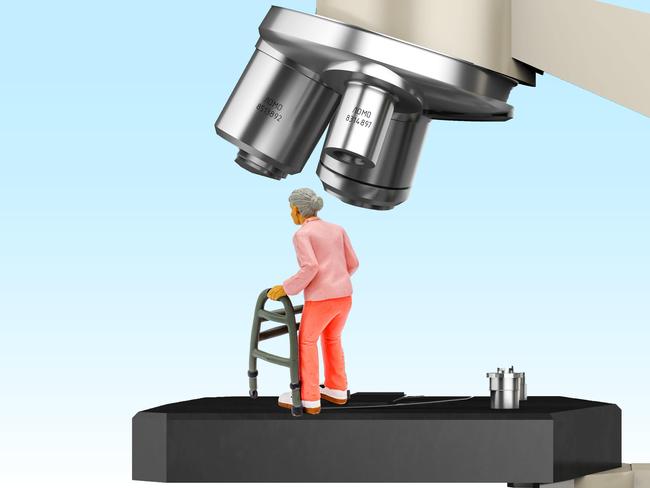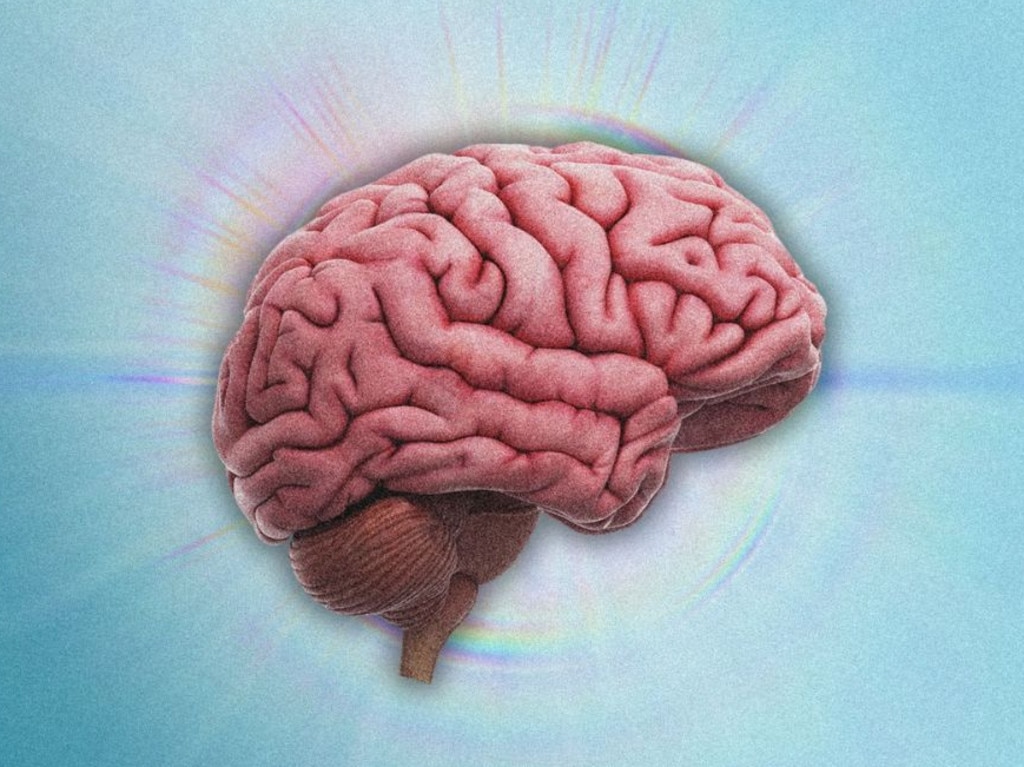The scientific fight over whether ageing is a disease
A small but growing movement of scientists wants to classify ageing as a disease. They face an uphill battle.

A small but growing movement of scientists wants to classify ageing as a disease. They face an uphill battle.
An improving scientific understanding of the biology of ageing is leading some scientists, doctors and entrepreneurs to argue that ageing is a disease. It’s a major driver of illness and death, they say, and classifying it as such could make it easier to get drugs approved to treat ageing itself, rather than just age-related health problems.
At the same time, the population is ageing and many older Americans remain healthy and active. For many of them, and plenty of healthcare professionals, the idea that ageing is a disease is offensive, and there’s nothing inherently bad about growing older.
Such a shift could lead doctors to dismiss health conditions as “just old age,” detractors say, resulting in worse medical care for seniors. Others worry calling ageing a disease could lead to financial exploitation by the antiageing industry, capitalising on quick fixes to “cure” ageing.
“I can have an 80-year-old who can still ski, dance or run a marathon. And I can have a 40-year-old who doesn’t move much and can’t do any of that,” says Carole Blueweiss, a physical therapist with a specialty in geriatrics. “Age the number is not at all an indicator of anything.”
The U.S. Food and Drug Administration doesn’t currently classify ageing as a disease, and there is no drug approved by the agency to treat human ageing.

Last year, two groups submitted citizen petitions to the FDA to try to change that. A burgeoning longevity field has attracted billions of dollars in investment and moved the quest to fight ageing more into the mainstream. Longevity enthusiasts are hopeful that the agency will be more sympathetic under President Trump’s new proposed commissioner.
The FDA said it doesn’t comment on pending petitions. A spokesman referred to ageing as a “natural process.”
‘Not inherently bad’
The same underlying factors that contribute to ageing also play a role in the development of diseases, says Richard Faragher, a professor of biogerontology at the University of Brighton and board member of the American Federation for Aging Research. He cites the example of a biological process called cellular senescence, which is when cells that stop dividing but don’t die build up as people age. The process is linked to various age-related diseases.
“Can we do anything to impact the fundamental biology of human ageing? I think the answer is an emphatic yes,” says Faragher.
Longevity drugs, if proven to work, could slow or prevent the onset of age-related conditions rather than treating them after they develop, and eventually save millions on chronic disease spending in later life, advocates say. In 2021, the costliest 1 per cent of traditional Medicare beneficiaries accounted for 19 per cent of spending, according to the nonpartisan watchdog agency the Medicare Payment Advisory Commission. Beneficiaries in their last year of life tend to generate more spending than others.
But stigmatising ageing is expensive, too, says Becca Levy, a professor at the Yale University School of Public Health who studies how beliefs about ageing influence ageing health. One study she worked on found that ageism’s effects on health conditions cost $63 billion in healthcare spending for one year.
She cites the example of a relative in her mid-80s whose bruise was dismissed by a doctor as a symptom of ageing rather than a side effect of a medication, she says. Wrong assumptions like that can delay effective treatment, leading to worse, costlier health problems down the line.
“Classifying ageing as a disease can become part of structural ageism,” says Levy. “Ageing is not inherently bad.”
Age advantages
At 81 years old, Art Saboski believes that age has its privileges.

In his retirement, the former Air Force pilot started watercolour painting and has submitted several pieces to local competitions in Prescott Valley, Ariz. He began composing and arranging music, which has been played on a local radio station. He lunches regularly with a group of guy friends. He has even had a letter published in the pages of this newspaper. And he is in good health.
“Ageing can be a time of enjoyment, not a time of detriment,” says Saboski. “Life is pretty good, as long as we can do stuff like that.”
If physicians start to code and treat ageing like a disease, they might be more likely to write off patients’ treatable conditions as mere symptoms of older age, says Nancy Morrow-Howell, a gerontologist who directs the Harvey A. Friedman Center for Aging at Washington University in St. Louis.
Treating ageing as a disease “would mean that everyone who’s 20 years old is actually ill,” says Eric Verdin, chief executive and president of the Buck Institute for Research on Aging. He’d prefer to think of ageing as a risk factor for diseases. That’s similar to how we think of high cholesterol, he notes, which isn’t typically considered a disease in and of itself. Instead, it’s viewed as a risk factor for heart disease and can be treated with statins.
And advanced age often carries overlooked positive social and emotional changes, says Dr. John Rowe, a geriatrician and professor of health policy and ageing at Columbia University, such as better problem-solving skills and emotional stability.
“They adapt better to various kinds of stresses,” says Rowe. “That’s not a disease.”
The Wall Street Journal




To join the conversation, please log in. Don't have an account? Register
Join the conversation, you are commenting as Logout